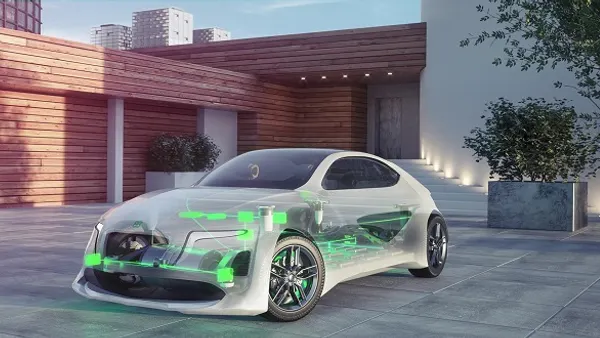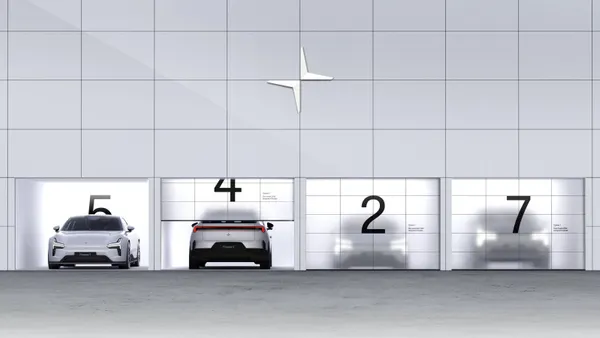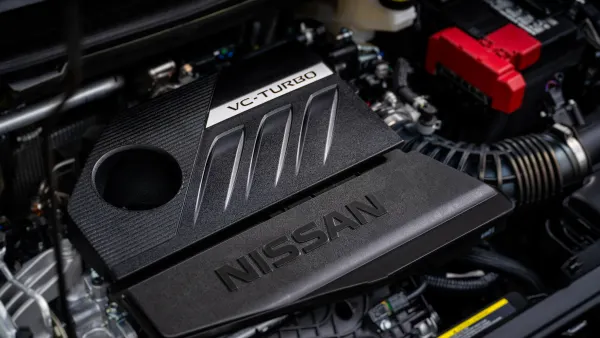Editor's note: This story is part of the WardsAuto digital archive, which may include content that was first published in print, or in different web layouts.
Ford and General Motors land approval for their Thailand eco-car programs that eventually will see 338,000 units built each year.
The Board of Investment gives the nod to Ford’s TB18.2 billion ($557 million) phase-two project for the annual production of 180,000 cars and GM’s TB13.2 billion ($404 million) proposal for 158,000 units per year.
In all, the BOI approved TB52.7 billion ($1.6 billion) worth of projects in the second phase of the eco-car program.
Nissan will spend TB6.9 billion ($210 million) to produce 123,000 eco-cars and 2 million auto parts a year and Toyota plans to invest TB1.9 billion ($58.2 million) to make 160,000 units a year.
Mitsubishi is doling out TB4.9 billion ($150 million) to build 233,000 eco-cars a year and has asked for BOI approval for its TB7.7 billion ($235.8 million) proposal to expand production capacity granted in the first phase of the eco-car scheme to 220,000 vehicles from an initial 180,000.
The Nation newspaper quotes BOI Secretary-General Udom Wongviwatchai as saying the investment projects form part of the drive to make Thailand the ASEAN hub for eco-car manufacturing, with annual production of 2 million units in 2017.
The first phase of the eco-car scheme was launched in 2007 and attracted investment totaling TB28.8 billion ($882.2 million) from Honda, Mitsubishi, Nissan, Suzuki and Toyota.
The BOI says 10 automakers, including the five existing eco-car manufacturers, applied in April for the second phase of the eco-car scheme, with proposed investment of TB139 billion ($4.25 billion).
The 10 projects will result in 1.58 million eco-cars annually with the five manufacturers from the first phase preparing to spend TB86.8 billion ($2.65 billion) to build 753,000 units and the five newcomers investing TB52.2 billion ($1.6 billion) to roll out 828,000.
The eco-car program calls for an all-new vehicle that is fuel-efficient, environmentally friendly, safe and low-cost for sale throughout the region by the end of the decade.
Cars must achieve fuel economy of at least 55 mpg (4.3 L/100 km) and comply with Euro 5 emissions standards, while producing no more than 100 g/km of carbon dioxide.
In return, the government is waiving corporate taxes and import duties on machinery for the first eight years of operation. Participants pay an excise tax as low as 14%, while E85-compatible eco-cars are taxed at 12%.
Udom tells the Bangkok Post Thailand's automotive production is expected to reach 2 million vehicles annually over the next three years – 500,000 from the first phase of the eco-car project and 1.5 million from the second phase.
“Although Indonesia is revving up its eco-car production, we expect its production scale is not yet large enough to compete with Thailand's production,” he says.









